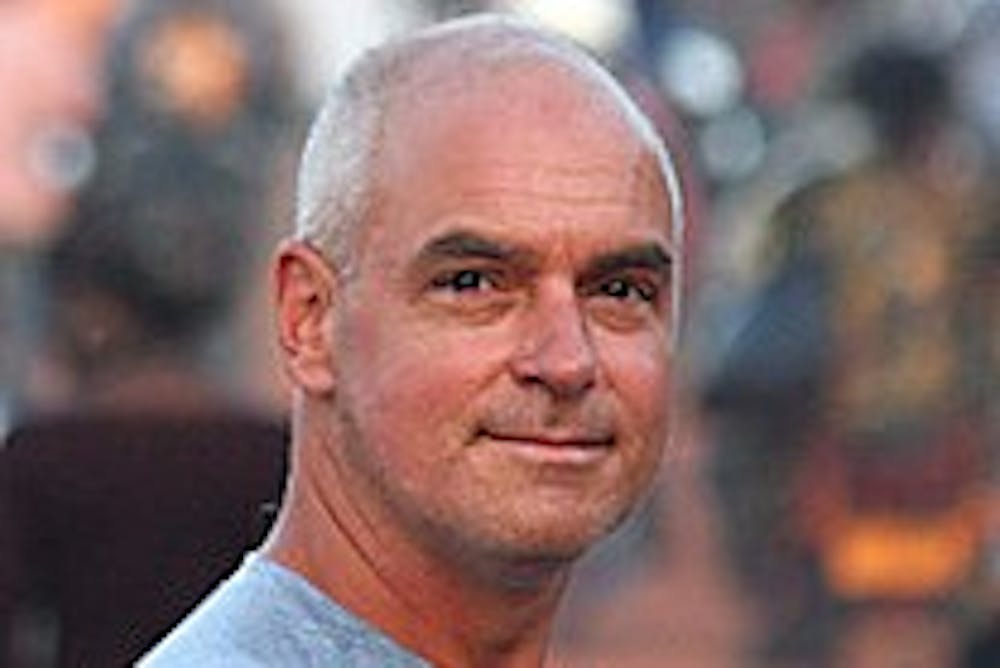Dean Smith would have disliked this column. He would have politely urged me not to bother. He would have suggested a dozen topics he found more worthwhile. But I should have written this 30 years ago. With Coach Smith’s passing, it can’t be put off any longer.
I remember as students at UNC in the early 1980s, we called him Dean. Not Coach. Dean. Yes, it felt somewhat irreverent, but we couldn’t help ourselves. It was amazing how we all felt we knew someone who shared so little about himself. Then one day, during my senior year in the fall of 1985, as a writer for this newspaper, I went to interview Coach Smith in his office.
I did not call him Dean. I was petrified, and he knew it. He calmed me down by asking about my family, and eventually it came up that I had a grandmother named Virginia, and he teased me not to repeat that name in his presence because it reminded him of Ralph Sampson. Silly, sure, but I haven’t forgotten it.
Coach Smith had a brilliant way of controlling a conversation, and, during our half hour together that afternoon, we barely spoke about basketball. We talked mostly about leadership. He was mentoring me. I returned to the office lamenting how little information I had gleaned for my story but gushing about how Coach Smith had treated me as an equal. Dean Smith made me love coaches. I should have told him right then.
I moved on to write for Sports Illustrated, and all of my favorite stories were about coaches, from winners like Pete Carroll to lovable losers like Red Klotz, the coach of the Washington Generals. More recently I have co-authored two books profiling a pair of the greatest coaches ever to roam the sideline, Roy Williams and Anson Dorrance, both of whom credit Dean Smith with much of their success. I am currently coaching my son’s fifth-grade basketball team, smiling whenever I see one of the 10-year-olds instinctively pointing to the passer. All of that is largely because of Dean Smith.
Toward the end of Smith’s coaching career, I returned to Chapel Hill to interview him again. A decade later, he remembered me. Remembered Virginia. Even remembered what he’d said about Sampson. I should have told him then, but the timing didn’t feel right.
Occasionally, over the last few years, I would spot Coach Smith leaving the Smith Center, and I would always be tempted to approach him, tell him about how he’d lit this fire inside me three decades ago, but I knew it was too late. I knew he wouldn’t remember me, and that’s not how I wanted to remember him.




